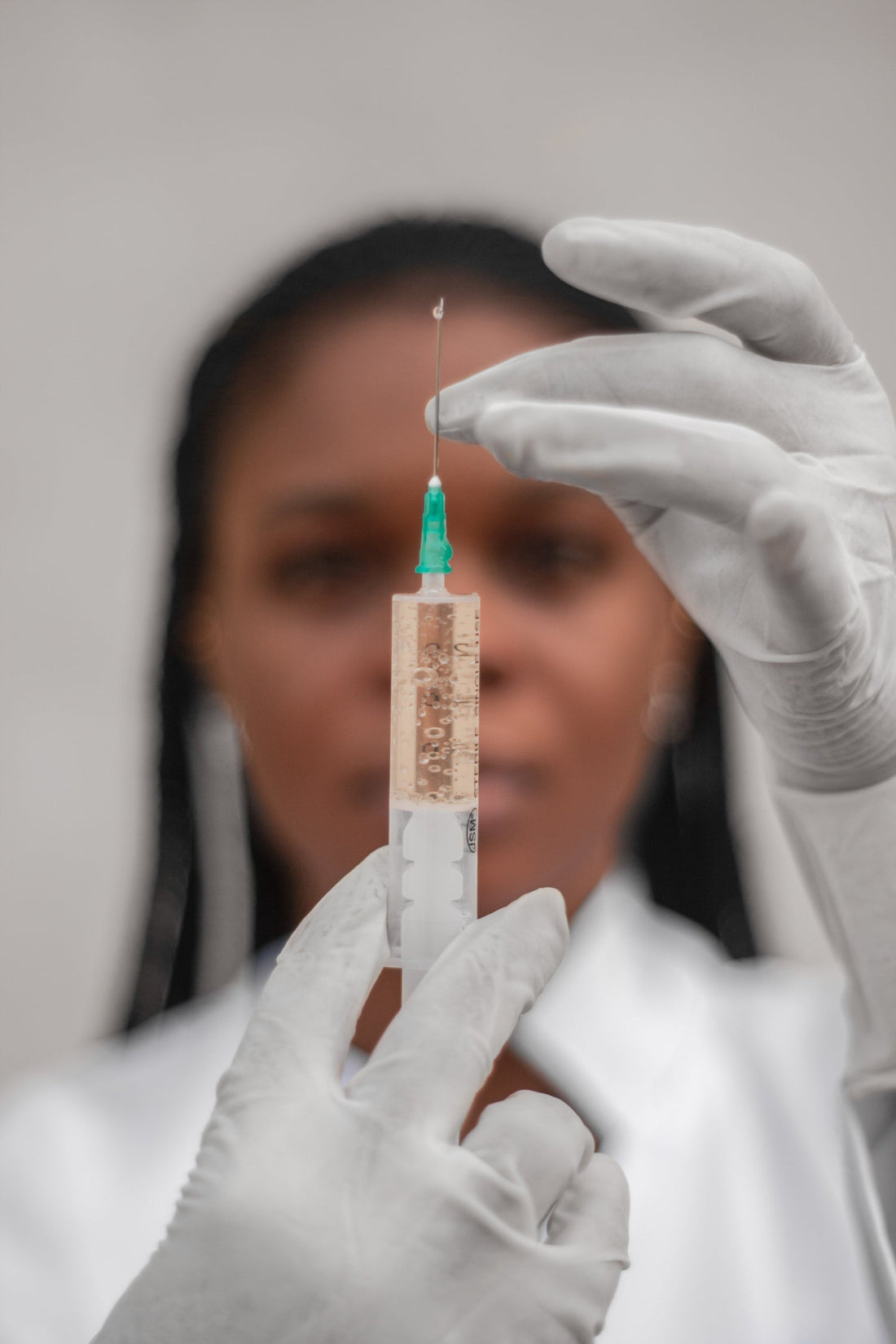
Can Testosterone Replacement Help With Sperm Production?
Share
This is a common misconception, and the short answer is no. While a healthy testosterone level is very important in sperm production, this testosterone level must be natural - meaning produced by your own body.
Exogenous testosterone, commonly used in hormone replacement therapy, can have a profound impact on sperm production. When external testosterone is introduced into the body in the form of lotions, injections, pills, or pellets, it can disrupt the natural hormonal balance that regulates spermatogenesis. Specifically, the administration of exogenous testosterone leads to a feedback inhibition effect on the hypothalamic-pituitary-gonadal (HPG) axis. This feedback suppresses the release of luteinizing hormone (LH) and follicle-stimulating hormone (FSH) from the pituitary gland, both of which are essential for stimulating the testicles to produce sperm. As a result, the reduced levels of LH and FSH lead to decreased stimulation of the seminiferous tubules, impairing sperm production. Consequently, men undergoing testosterone replacement therapy often experience reduced sperm count and potential fertility issues, underscoring the importance of monitoring and managing these effects when using such treatments. In fact, up to 75% of males will become azoospermic (meaning no sperm detected in a semen sample) within 6 months of starting injectable testosterone replacement.
The good news is that this effect is often not permanent. Stopping testosterone replacement is the best way to regain sperm production. Your urologist or endocrinologist may start you on other medications to help accelerate the recovery of sperm production once you are off testosterone replacement.
*This post is for educational purposes only, and should not be taken as medical advice. If you have personal medical questions, consult with your personal physician*
